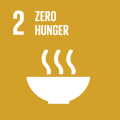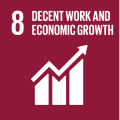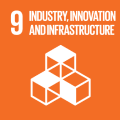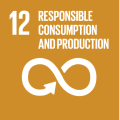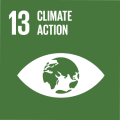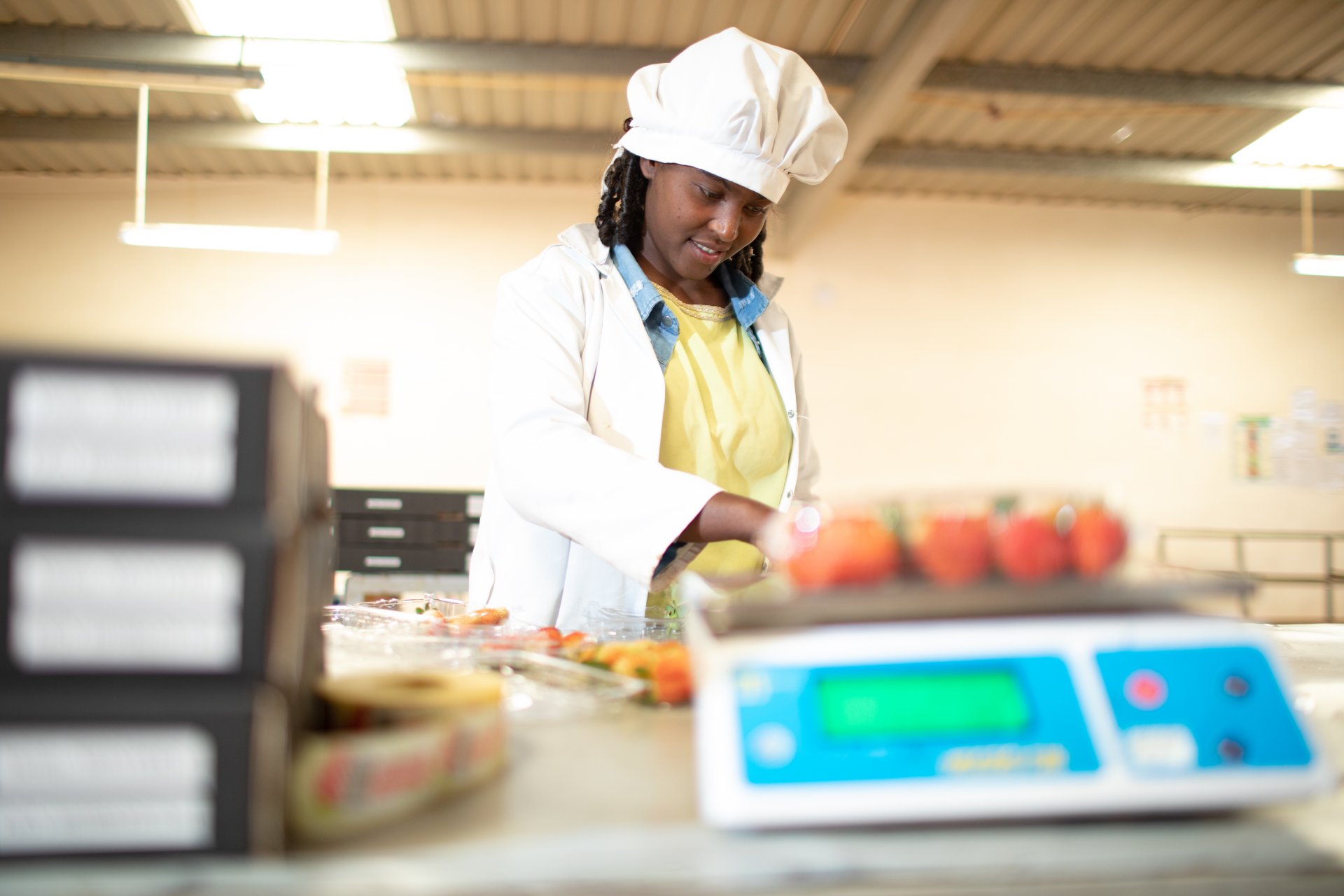
a better future
Our SDG impact
Flying Swans designs new infrastructures as hubs for change, as springboards for sustainable transitions. Our investment projects serve as catalysts for industry-wide transformation and economic development in emerging economies.
Flying Swans designs new infrastructures as hubs for change, as springboards for sustainable transitions. Our investment projects serve as catalysts for industry-wide transformation and economic development in emerging economies.
The Flying Swans approach focuses on the actual development of the project, in which economics and societal impact are two sides of the same coin. Sustainable Development Goals (SDG’s) are an integral part of the design, with the premise that they do not increase costs. Interventions are only worthwhile if they are also economically sustainable.

